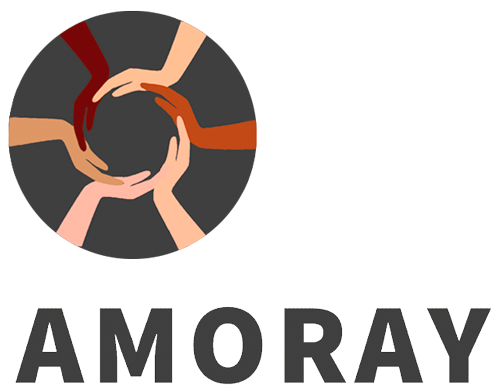PROJECT OUTPUTS
1 – Training Curriculum for mental health assessment of refugee and asylum seekers by Youth Workers
Aim of this intellectual outcome is to design the training curriculum for mental health assessment in Youth Work, following the European Credit System for Vocational Education and Training (ECVET) standards. This output will be developed in two phases: Design and development of AMORAY training curriculum and Piloting and evaluation.
2 – Training combo: Handbook, learning assessment tools, instructional package
The Handbook provides a training manual with clearly defined learning activities that relate to the curriculum structure. It provides a modular approach, not a linear, book-like structure, which allows training schemes to adopt to different needs in the EU.
The learning assessment methodologies will include formative assessments (e.g. a form stating the minimum number of mental health assessments, to which the youth worker has contributed), self-(learning) assessments tools (e.g. learning diaries), activities for reflection on youth workers’ current practice or cases, and opportunities for reflection with peers and supervisors.
The instructional package for the trainers will include the rationale of the training, the pedagogical approach, the structure and rationale of the Handbook and selected case studies. This package will be presented in the training course (train the trainers) – capacity building event what will take place in London with the whole consortium.
3 – AMORAY platform: Open Educational Resources (OER)
The aim of this output is to create an open resource for the Youth Workers to be able to have access in the materials and tools of the project.
The AMORAY platform will include Open Educational Resources (OER), which support ICT-based teaching for youth workers. It will provide opportunity for innovative and attractive e-Learning based on the structure of the Training Curriculum.
An online chat/forum, using encrypted protocols for data protection, will give the space to Youth Workers to be able to communicate and explore issues concerning the development of knowledge in mental health assessment.
